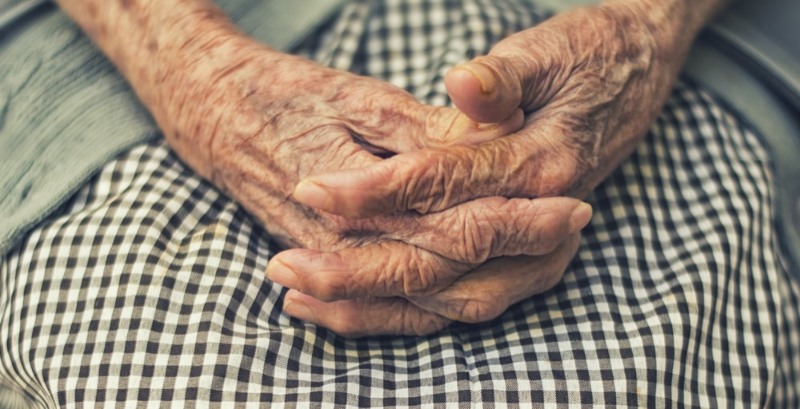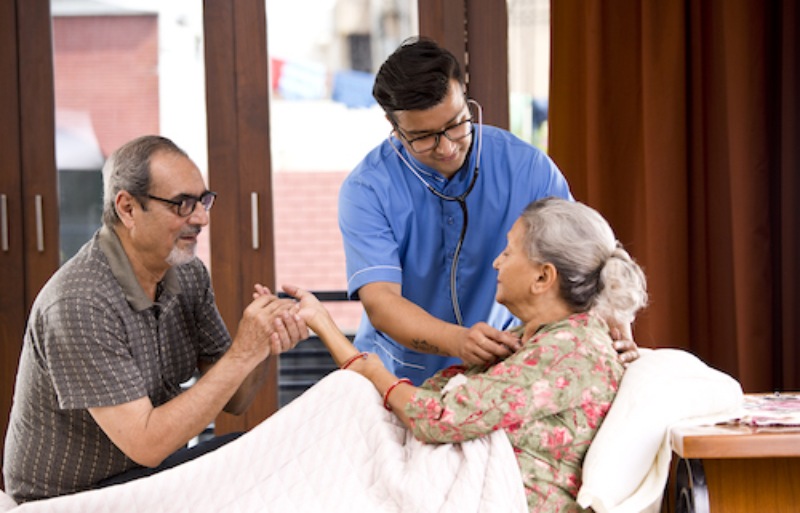4 Strategies to Reduce Malnutrition Risk in the Elderly

Statistics show that more than 50% of older adults suffer from malnutrition issues, stemming from various chronic illnesses and lack of awareness regarding the subject. Adequate nutrition is vital to maintain health and well-being, yet many seniors in India are at risk of insufficient nourishment.
Malnutrition is prevalent in seniors and can affect their quality of life. The prevalence and incidence of malnutrition significantly depends on healthcare access, treatment strategies, and prevention tools.
Seniors with malnutrition experience some common symptoms, including loss of muscle, compromised balance and gait, and chronic body pain.
Here are some effective risk mitigation strategies that can help curb malnutrition in your elderly loved one.
1. Understand What Causes Malnutrition
The causes of malnutrition in the elderly are quite straightforward. Inadequate diet and lack of vital minerals and vitamins often result in a mix of physical and psychological issues in seniors. Some primary causes include:
Age Factor
As you age, your sense of taste, smell, and appetite gradually decreases. Therefore, it often becomes difficult and unpleasant to enjoy meals and keep up with adequate eating habits. This results in insufficient food and drink intake and leads to poor health and physical wellbeing.
Chronic Illness
More than 80% of the total elderly population in the world is suffering from one or more types of chronic diseases. Issues such as diabetes, heart diseases, and gastro-illnesses often result in loss of appetite which alters your body’s ability to process nutrients.
Impairment

Seniors suffering from physical impairment issues tend to develop problems in chewing and swallowing food. This causes insufficient food intake which translates into malnutrition.
A good way to manage your impaired elderly loved ones is by hiring a 24 hour care at home for elderly for their comprehensive care and symptom management.
Dementia
Alzheimer’s or other types of dementia can lead to forgetfulness and lack of proper diet intake.
2. Monitor their Weight
It’s possible that despite eating and drinking properly, your senior loved one is suffering from malnutrition. Therefore, it’s a good practice to keep their weight in check. Maintain weekly records and notice whether their old clothes fit differently.
3. Proper Medicine Management
Keep track of your elderly loved one’s medications. Talk to their doctor and discuss the potential side-effects of all the medicines prescribed to your elderly loved one.
4. Hire a Senior Care Agency
Keeping track of your senior’s medications, making sense of medical terms, and offering physical support can be quite difficult at times. And this is where a 24/7 in-home elderly help such as senOcare comes in.
The elderly care home service has skilled and professional staff onboard that stays on top of your elderly parent’s health status and dietary habits. They make sure that your loved one consumes a balanced diet with all the essential nutrients required to keep them fit and healthy.
Looking for Reliable Elder Care Management Services?
If you’re unable to make time for your loved one, senOcare is here to help. We’re a leading home care help for elderly, dedicated to offering high quality, trustworthy healthcare and personal assistance services in Delhi, Gurgaon, Noida, and many other locations.
Our vast range of care packages and services incorporate healthcare management, home security and maintenance, travel and tour assistance, tech and troubleshooting help, and much more.
Learn more about us, visit our photo gallery, browse client testimonials, or get in touch today for more details on our 24-hour in-home care support.